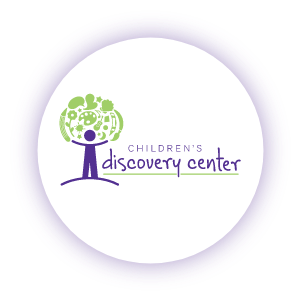It’s interesting to look back and see how child care has evolved over the years, starting out as a “daycare,” a necessity for mothers who needed to contribute to the family’s finances, and eventually becoming an essential part of life for parents who wanted to pursue their careers.
From in-home babysitters, to nannies and nurseries, child care has taken on many forms, each with the same goal—to provide the supervision of children for parents in the workplace. In addition to this necessity, it’s also expanded over time to provide the essential fundamentals of education and discovery that a child needs for development.
Here’s an interesting breakdown of child care by decade:
1940s: Child care was government funded through the Defense Housing and Community Facilities and Services Act, which provided care for families who worked in WWII-related industry jobs.
1950s: As government funding for child care subsided after the war, many mothers continued working, relying on family members and in-home babysitters for their children.
1960s: Child care began to change dramatically, with a new focus on early childhood education. The Head Start program opened in 1965.
1970s: As the need for daycare grew exponentially, a push for universal child care took place with the Comprehensive Child Development Act, (later vetoed by President Nixon).
1980s: As children of the Baby Boomer Era began having their own children, the need for daycare rose dramatically. Families were faced with a severe shortage of quality daycare facilities.
1990s: Daycare programs progressed as centers began to promote personal growth, academics and structured play.
2000-present: Child care evolved into a “whole child” experience with a holistic approach to learning and educational development.
Here at the Children’s Discovery Center, we not only focus on the whole child, we implement the Reggio Emilia approach, which provides an inspirational learning environment for discovery and exploration. Our centers provide a caring, Christian atmosphere for children to learn at their own pace and in their own way.
Interestingly, one of the earliest educational reformers from the 1700s, John Amos Comeniu, said, “The proper education of the young does not consist in stuffing their heads with a mass of words, sentences, and ideas…but in opening up their understanding to the outer world, so that a living stream may flow from their own minds, just as leaves, flowers, and fruit spring from the bud on a tree.”
His insight into the holistic approach for child care foreshadowed what would take centuries to develop, yet, he knew from observation how the natural curiosity of children demanded a learning environment that included the whole child.
The Reggio Emilia approach sees each child as an individual with a deep curiosity for learning and exploring the world around them. Through four major principles, this approach includes child-driven curriculum, in-depth projects, representational development (print, art, music, drama, etc.), and collaboration for problem-solving.
Though child care may have originated through necessity, it has evolved into a dynamic learning opportunity for children everywhere. Families are blessed with plenty of options to ensure their children are not only supervised but also cared for in a holistic environment.
Children’s Discovery Center works hard to maintain a family-friendly program that nurtures children’s incredible potential for learning. After all, we value every child as a unique individual who was created with a desire to explore the big, wide world around them.
 419-867-8570
419-867-8570